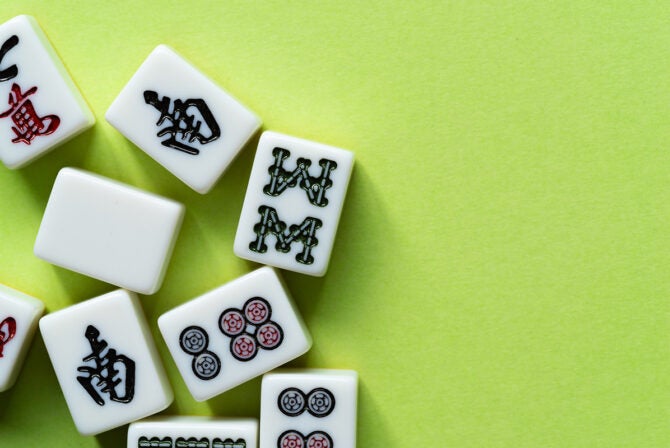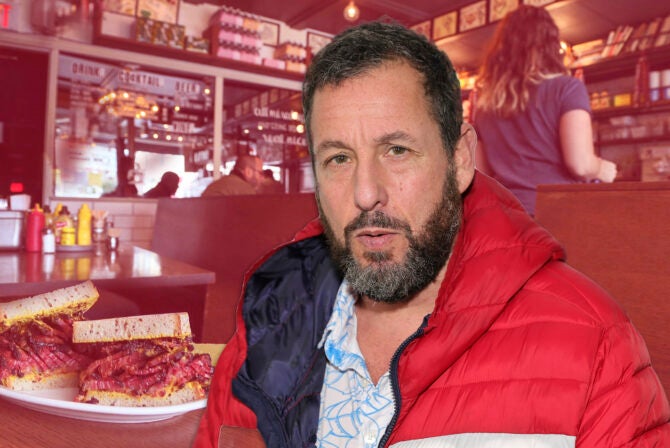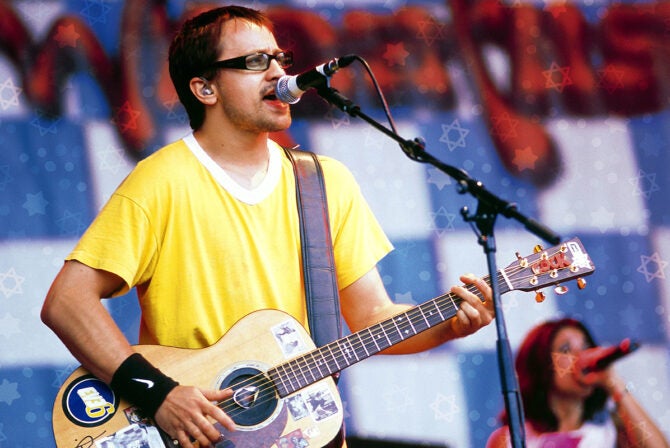This September, the Shefa School, a new pluralistic Jewish community day school on the Upper West Side of Manhattan, welcomed its first students. Founded by Ilana Ruskay-Kidd, the former director of the Saul and Carole Zabar Nursery School at the JCC in Manhattan, Shefa is the only Jewish Day School for students with language-based learning disabilities. Shefa currently has 24 students enrolled in grades 2-5 and will ultimately enroll children in grades K-8.
What does “language-based learning disabilities” mean?
Shefa addresses learning difficulties connected with language, which includes challenges in reading, writing, listening, and speaking. Reading disabilities may make it difficult to sound out (or decode) written words–often called dyslexia–or comprehend a written passage once it is decoded. Dysgraphia, or writing disability, interferes with one’s ability to express ideas in writing.
Can you give our readers an idea of how Judaic studies and the arts have enhanced the special education curriculum at Shefa?
When we were planning our curriculum, I really wanted to think about as many ways as possible to integrate Jewish learning into our work, and the arts felt like a really natural place to talk about Jewish history, culture, tradition, and Israel. In addition to a traditional arts period as part of their core curriculum, Shefa students also have an optional arts “chug” period, they engage in the arts as they experience the Jewish weekly and seasonal schedule, and they have a chance to respond to the weekly Torah portion in writing, or to draw and create an artistic rendering of what they’ve learned.
As we planned for our school year, we also hosted an arts roundtable with working artists to help brainstorm an arts curriculum that would best meet the needs of our incoming students. By allowing students to express themselves in various ways beyond the conventional academic structures–to explore, get messy, take risks, and hone in on their individual strengths–we hope to create an educational experience that will bolster students and lift them up to reach their highest potentials.
What’s an example of a school program that’s allowed students to get messy and explore the arts?
A few weeks ago, we invited Bill Wurtzel, who is an artist and a jazz musician, to run a program for Sukkot at Shefa. Bill wrote a book called “Funny Food,” and in his art, he puts an emphasis on healthy eating. The work he does is so creative–he teaches about turning mistakes and accidents (in cooking) into art and beauty. Bill’s work thinks about the opportunity to beautify things that are irregular.
On Sukkot, Bill ran a workshop with our students where he shared his work, and then afterward, we went into the sukkah and students created edible works of art with veggies, hummus, pita, and string cheese. They made these funny faces and then they ate them, and it was both really fun for them–because Sukkot is meant to be joyous–but it also allowed them to connect to nature, be in the sukkah, and be creative. In our curriculum, arts is an area of joy, and for many of our students, it is also an area of passion and strength.
How do you manage your (very busy) career, while raising three kids?
Part of it is simply becoming a good juggler. And I think part of it is living with the knowledge that there will always be places in your life where you wish you could have done better. You will always go to sleep at night with many things still on your To-Do/Wish I Could Do list. It’s also about knowing that what you’re doing is good enough.
Part of what I am modeling for my kids is what it means to build a full life, and understanding that having a full life also means there will be sacrifices and incomplete parts. I also want my kids to understand that perfect is not the standard I hold them to.
Opening a school is an act of creation–and that takes a different kind of investment and energy. A friend likened it to having a baby–everyone wants to talk about this baby, and ask about this baby, and there’s a public way in which this endeavor gets attention and focus, which isn’t always easy for my kids. But the upside is that my kids feel very involved in this creation, their input has been so valuable, they like to come and visit the school, and in some ways they feel invested in it. Also, my kids understand my work. I think often, a lot of grownups work in places that kids don’t understand, but my work has become alive to my kids, and that’s been great.
What makes you kvell?
My own children–I feel so grateful to have three spectacular children. And I also kvell when I hear that our students at the Shefa School go home each day and tell their parents that they love school. To know that students who struggled and families who struggled are now feeling happy and safe and ready to learn gives me a lot of nachas.
Is there anything else you’d like parents to know about your work at Shefa?
I would just add that many parents become anxious when they see that their kid is different and it’s important to have confidence and faith in celebrating those differences. This is the hardest part of parenting. You don’t want to under or overreact; you don’t want to be a neurotic parent or a parent who is asleep at the wheel. We feel an enormous sense of responsibility to respond to our kids in their struggles but most likely, things are going to be OK in the end. Our kids have all kinds of talents, and we want to support and nurture those talents, and show students that there are so many different ways to build a life over time.
Like this post? Get the best of Kveller delivered straight to your inbox.









